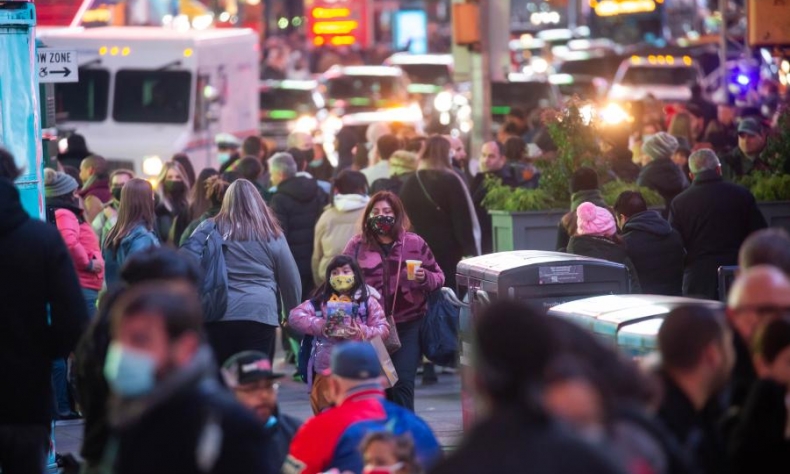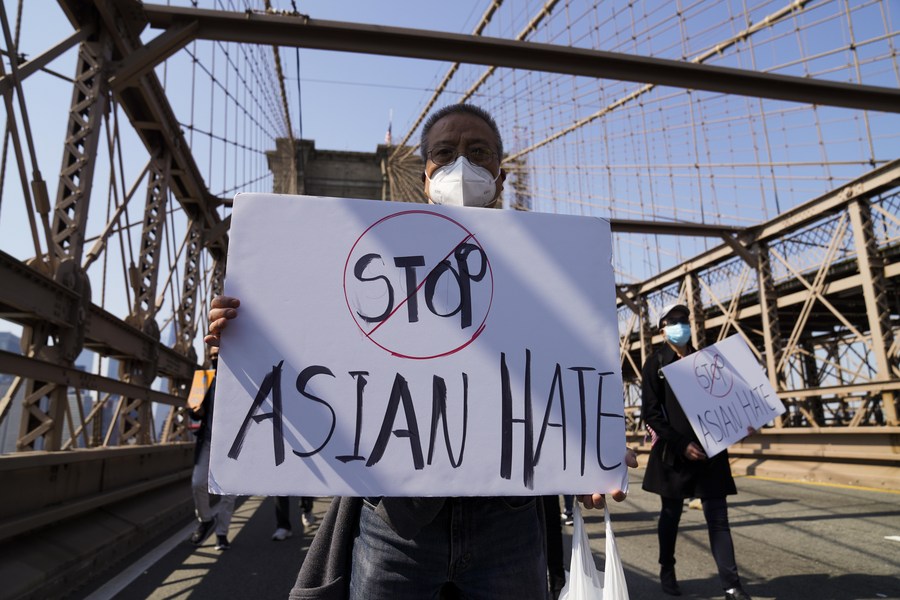America Is Not a Beacon of Human Rights

Although it is a wealthy country, it nonetheless comes on the back of a political system that promotes extreme inequality and social disorder in the name of ‘freedom,’ which in practice upholds the interests of its wealthy elite against the population at large.
“Human rights” is an ethical foundation that argues that each and every human being has a foundational set of “rights,” which are defined as “a moral or legal entitlement to have or obtain something or to act in a certain way.” Rights are deemed to be universal and are designed to protect human beings, giving everyone an equal and fair chance to exist. While everyone in the world can agree on this idea, this has not stopped these values from being mired in controversy or dispute. Western governments have sometimes been criticized for selectively using human rights as a weapon in order to advance geopolitical objectives and wars against certain countries, as well as for molding the concept into a zero-sum distinction to vindicate its liberal democratic ideology.
In response, the Chinese government has released its annual “Report on Human Rights Violations in the United States,” which, through extensive detail and research, seeks to highlight Washington’s hypocrisy and double standards. Although the United States is in practice a self-proclaimed “liberal democracy,” the report helps us understand that such an ideological premise does not necessarily mean human rights are being upheld.
First of all, the report helps us understand that human rights are not just about “inalienable freedoms,” or as philosopher Isaiah Berlin called it, “classical liberty,” i.e., “the absence of restraint” or government, but of course also how the government cares for, upholds, and supports the needs of its people. As a hyper-capitalist state which renders the role of government as a moral evil and, therefore, an “individual freedom,” the report notes, America has suffered considerably, in this case, through its total mismanagement of the COVID-19 pandemic. America has since 2020 suffered 34.51 million cases and has a death count coming close to 1 million. If human rights are about the right to life – where is it here?
While this philosophy of freedom has not only led to a surge in pandemic-related deaths, its almost religiously adhering to “right to bear arms” has too led to continual and sporadic gun violence, which the government has no means of stopping. As the report notes: “There were 693 mass shootings in 2021, up 10.1 percent from 2020,” and overall, more than 44,000 people were killed because of gun violence.” The occurrence of mass school shootings is also accepted as a normal phenomenon in American life. Is this human rights? Is this giving people an equal chance or the protection from violence that is required? John Stuart Mill’s famous “harm principle” theorized that freedom is not true freedom if it infringes upon the freedom of others, and this defines America right now.

Similarly, America’s anti-China paranoia espoused by politicians has also resulted in human rights setbacks. Programs such as the FBI’s “China initiative” have seen thousands of innocent scholars face state-led harassment, while “around 81 percent of Asian American adults said violence against Asian communities is rising,” with “hate crimes against Asians in New York city jumping 361% from 2020.” This increase in racism is also a reminder that American society is deeply divided, unequal, and that ethnic minorities, such as African Americans, continue to face problems such as poverty, unemployment, reduced educational attainment, as well as state-led police violence.
Likewise, the report slams not just America’s actions at home but abroad too, noting that the United States has considerably harmed human rights overseas through its aggressive foreign policy, including the killing of civilians and children with drone strikes in Afghanistan last year; illegal and arbitrary detentions in Guantanamo Bay; the pursuance of brutal sanctions against regimes and countries, which have introduced malnutrition and humanitarian crises, such as in Yemen, Syria, and the DPRK; and many other respective conflicts. This also shines on America’s claim to be a champion of human rights and morality throughout the world, showing instead that it exhibits a two-tier system of justice whereby some nations are more equal than others.
As a whole, the report is insightful, detailed, empirical, and eye-opening. Human rights are important and few can deny that, but it is dangerous in turn to interpret the meaning of human rights in practice as a zero-sum political weapon used to disingenuously smear certain countries. As such, this document helps us understand that America is not the champion of human dignity it continues to claim to be. Although it is a wealthy country, it nonetheless comes on the back of a political system that promotes extreme inequality and social disorder in the name of “freedom,” which in practice upholds the interests of its wealthy elite against the population at large.
 Facebook
Facebook
 Twitter
Twitter
 Linkedin
Linkedin
 Google +
Google +







